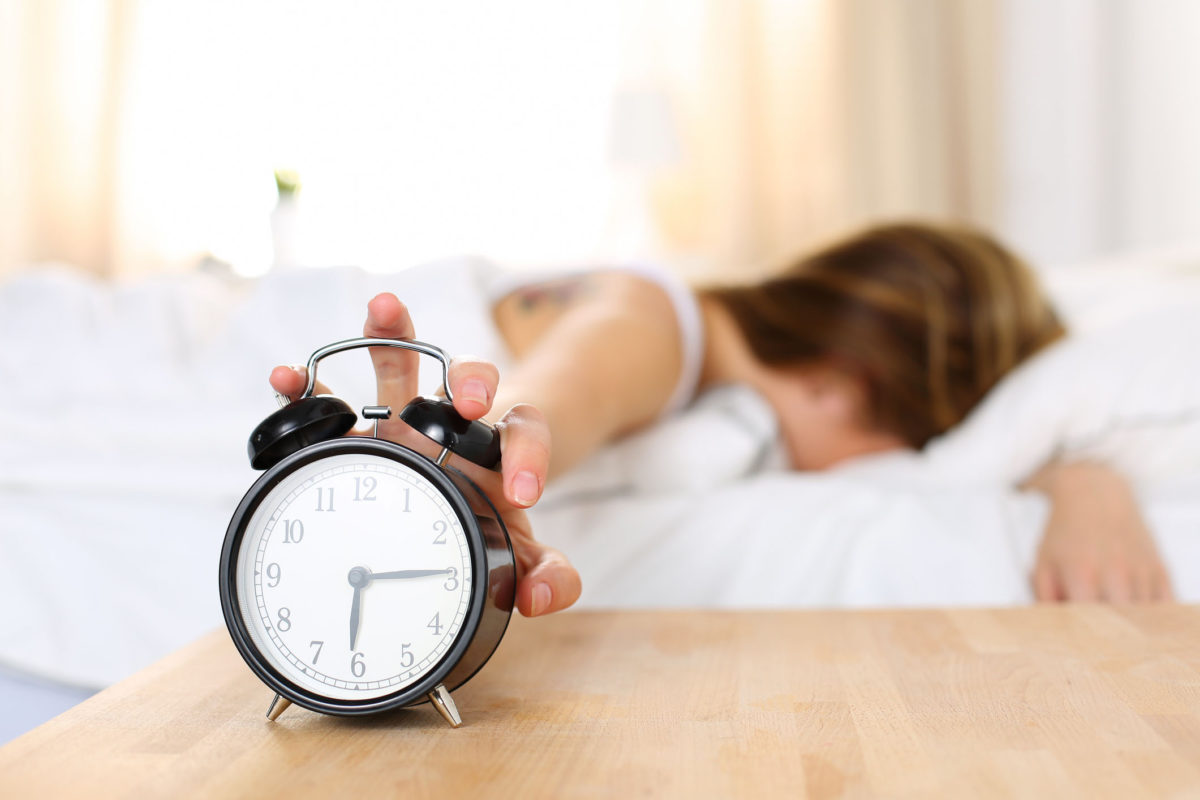News
Spring Forward your Sleep
In just a few days, the clocks will be moving forward by one hour for the “spring forward” time change. Unlike the fall, where an hour is gained, the spring time change tends to be a little more difficult on many people. Since you lose an hour, your sleep schedule and routine may be thrown off a bit, leaving you feeling a little “off” for a few days afterwards.
Luckily there are a few ways to make this transition a smooth one. Here are a few tips for adjusting to the spring time change.
Transition gradually
Starting a few days beforehand, try to gradually move your bedtime earlier by just 15 minutes each night. This also means that you may be waking up a little earlier, however you will still be getting the same amount of sleep as normal. This will not only help you to feel well rested but will also help to lessen the effects of the time change once it happens.
Practice good sleep habits
Even with a time change, good sleep habits are important for a well-rested night of sleep. Don’t deviate from your normal bedtime routine and avoid heavy meals and stimulating substances before bedtime (including caffeine, alcohol and tobacco). It will also help to get some exercise in during the daytime, and to try and get as much sunlight as possible during the day to help with your internal clock.
Give yourself some grace
This transition does not come easily to everyone. If you are feeling affected by this in a negative way, know that you are not alone! If a short nap during the day will help you get back on track with your sleep schedule, this is not a problem as long as you do not make this a regular habit. Also, if you are experiencing insomnia because of this, try not to “sleep it off.” Rather than lying awake for an extended period, get out of bed and do a relaxing activity (such as reading) until you start to feel sleepy.
Contact us for more information.



